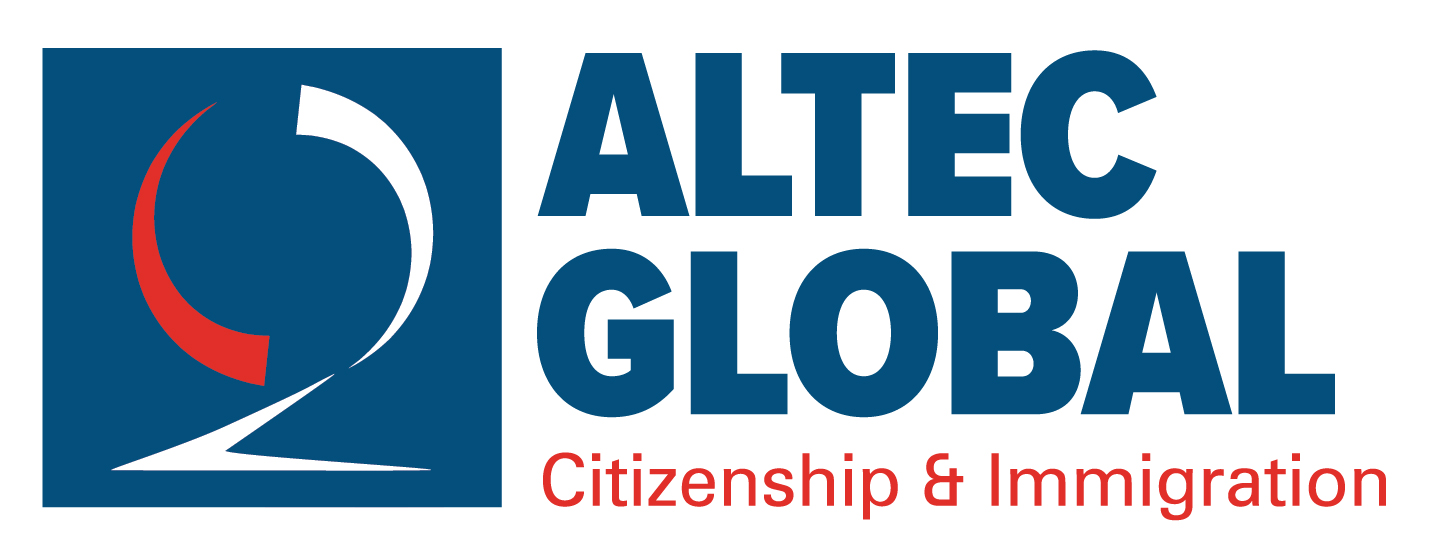After discovering that the admission offer letters from their educational institution were false, more than 700 Indian students could be expelled from Canada. When the pupils filed for Canadian permanent status, the deception was revealed. These letters were false, according to the Canadian Border Service Agency (CBSA), which investigated the supporting documentation used to issue their visas.
The majority of the students arrived in Canada to attend school in 2018 and 2019. Many of them had already finished their education, obtained work authorizations, and accumulated experience in Canada.
The kids had sought study visas through Education Migration Services, which is based in Jalandhar, according to the Toronto Star. Brijesh Mishra, the director of the consulting company, charged students thousands of dollars to cover the costs of completing their college and visa applications as well as tuition. Mishra “has vanished” and the company’s Jalandhar office has been shut down.
The only individuals legally permitted to provide immigration advice and services for a charge are licenced solicitors and consultants listed with the College of Immigration and Citizenship Consultant (CICC). Additionally, education agents must hold a CICC licence.
Sadly, some education agents prey on students seeking to study and work in Canada in order to gain a chance at permanent residency. These agents accept payment in cash, do not sign a contract, and are not licenced.
“Every once in a while, you do see bad actors, particularly from other parts of the world, who are difficult to police from Canada, who seek to take advantage of international students. It’s disgusting to see the behaviour of some of the promoters around the world” said Immigration Minister Sean Fraser to a community radio program.
Scams that target foreign students frequently
The pupils from India were a victim of what is known as a “ghost consultant.” Ghost consultants are individuals posing as representatives from educational institutions or unregistered immigration agents.
They provide services to international students (in this case) in exchange for a charge and, after receiving payment, they “ghost” the victim by disappearing. People who are applying for work permits, study permits, or permanent resident status may fall victim to this kind of fraud.
Phishing scams should also be avoided by students. They frequently involve asking for sensitive personal information via email or text message. Additionally, an automated phone threatening legal action due to their immigration status may be received.
Fake employment offers to students are rather widespread. Scammers take advantage of the fact that international students frequently need to pursue part-time jobs to help pay for their studies. If they pay a fee or provide personal information to a recruiter, students may receive offers for positions they did not apply for.
Finally, there are con artists who take advantage of the housing needs of overseas students. They contact foreign students before they come to Canada, promise fictitious housing in exchange for a deposit, and then vanish, leaving the students without housing or in appalling conditions.
Keeping out of trouble as an overseas student
As a general guideline, avoid believing anything that seems “too good to be true.” A high-paying job offer that you did not apply for, for instance, is probably a hoax.
It is better to hang up, research the organization’s contact information, and make a direct phone call to them to confirm if you have any doubts about an automated call, email, or text that sounds menacing.
Social networking is not regarded as a reliable source for locating immigration advisors and agents. Because it is more challenging to confirm their identity, scammers frequently use social media sites to pose as immigration service providers or government organisations.
Students from abroad who want to study in Canada or who are having issues with their study permits should speak with a licenced Canadian immigration lawyer. An adept immigration attorney can assist overseas students with properly completing applications, represent the applicant in communications with the Canadian government, and ensure that the applicant does not make any mistakes during the immigration process.


Recent Comments